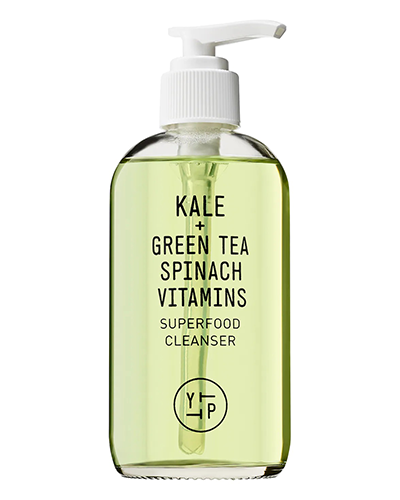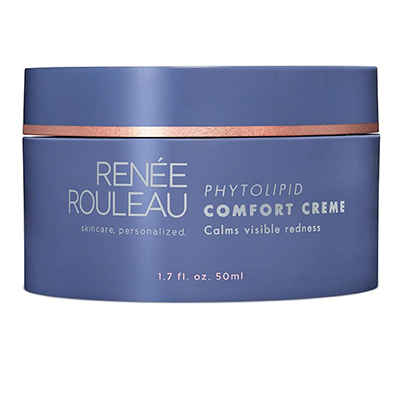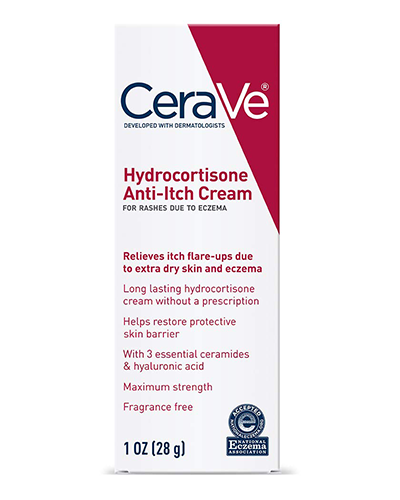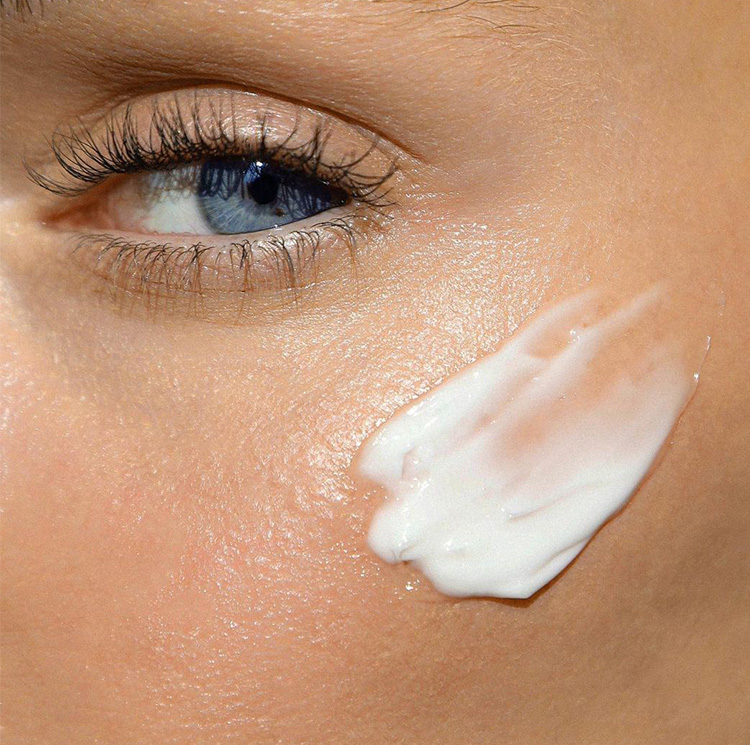Exfoliating is like Skittles: There are only so many of you. Once you feel that first tingle—the ubiquitous sign a product is working—you’re hooked. There’s no skincare product out there quite like an exfoliator, whether it’s a physical scrub or a chemical toner. However, too much of something good can lead to skin problems. We need to look at barrier repair if your skin is affected by too much exfoliation.
First, how did we get to this point? You moisturize your skin, but it feels tight and dry, or maybe it’s red and inflamed. Celebrity esthetician and skincare expert Renee Rouleau explained, “While regular exfoliation with the use of facial scrubs and acids, along with retinol and prescription retinoids, is certainly very beneficial to the skin, over-exfoliated skin removes so much of the surface skin cells that it loses the layers of the skin that give it texture.” Basically, when you do too much exfoliation, your skin and moisture barrier loses some of its integrity, leading to a whole slew of problems.
Renee Rouleau
CELEBRITY ESTHETICIAN SKINCARE EXPERT
Renee Rouleau has been in the skincare industry for over 30 years and is a well-known celebrity esthetician. Renee Rouleau is her eponymous brand, which has products for all skin types.
Is My Skin Too Exfoliated?
Is my skin just dry or over-exfoliated? According to Rouleau, over-exfoliated skin will appear “shiny since light reflects off the skin easily.” Along with dry, shiny skin, you’ll likely experience redness, tightness, stinging, and irritation that feels dehydrated beyond just lacking moisture.
When you’re over-exfoliating for a long period of time, Rouleau said the prolonged inflammation can advance aging, destruct healthy skin cells, and increase hyperpigmentation. Over-exfoliation may be responsible for your skin looking older and duller. “Seeing as your skin needs a certain number of protective layers to stay healthy and retain moisture, over-exfoliating may be harming your skin more than you realize,” Rouleau said.
How to Restore Skin that has been Exfoliated
The obvious way to heal your skin is to cut back on how much you’re exfoliating. For a few weeks, you can stop using acids, skin retinoids, or facial scrubs and instead rely on layers for hydration, such as moisturizer, serum and moisturizer.
When you’re making over your skincare routine for the time being, Rouleau advised using a mild cleanser that’s sulfate-free. Avoid products that contain a lot of fragrances, as they can irritate your skin. Also, Rouleau recommended incorporating a moisturizer “with ingredients that work to repair a damaged barrier that have natural lipid-mimicking oils,” suggesting borage oil, evening primrose oil, sunflower oil, soybean oil, sweet almond oil, or jojoba oil. Hydrocortisone cream can be applied to red, itchy patches if your skin is more sensitive.

Youth to the People
Superfood Antioxidant Cleanser
A fragrance-free, no frills gel cleanser is the best option. It removes all dirt, makeup and grime without stripping your skin. This cleanser is loved by both dry- and oily skin editors.

Renée Rouleau
Phytolipid Comfort Cream
This cream was designed to treat dry, flaky skin caused by chemical peels, exfoliation, and retinol. It not only makes your skin feel softer, but it also helps to build up your moisture barrier over time.

CeraVe
Hydrocortisone cream
This hydrocortisone cream for itchy, irritated, red skin also contains CeraVe’s classic blend of hyaluronic acid and ceramides to further moisturize and protect your skin.
How to Avoid Over-Exfoliating
“To avoid over-exfoliating, try following the general rule: Exfoliate no more than five times per week at night,” Rouleau said. “When it comes to making recommendations for the skin, it’s always hard to generalize for all skin types, but for most, four to five times per week is plenty.” Between your facial scrubs, AHA serums and masks, acid toners, retinoids, and more, make sure you’re not using an exfoliating product on your skin every single day if you’re prone to irritation.
Rouleau echoed the sentiment that listening to your skin is the most important thing. “When fixing your moisture barrier, you want to avoid anything that makes the skin sting or feel dry, tight, or irritated. I know this sounds simple, but many people fall into the mindset of ‘if it’s stinging then it must be working.’ While some products can make the skin tingle (exfoliating acids in particular), you should really examine whether or not the product is supposed to give that sensation.” If your moisture barrier is compromised, products that wouldn’t normally cause a tingling sensation might because your skin is already irritated. You might be causing irritation by using products that feel too harsh on your skin.

Source: The Every Girl

